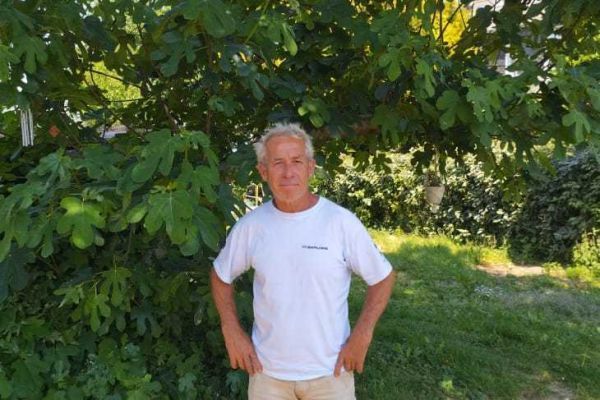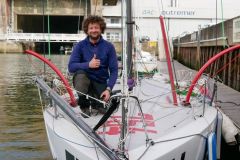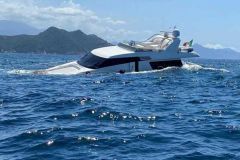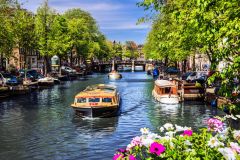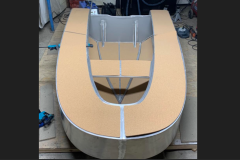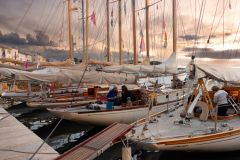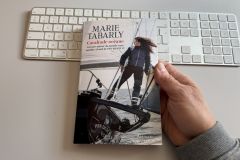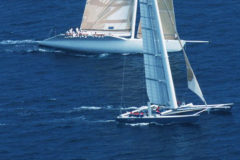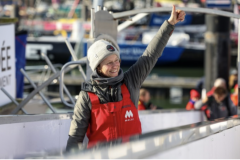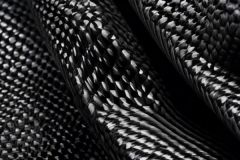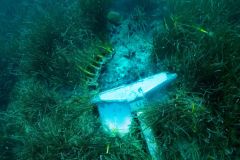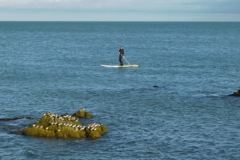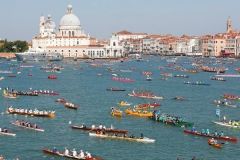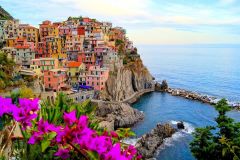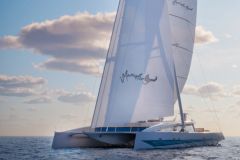The Explore foundation, created by Roland Jourdain and Sophie Verceletto, celebrates its 10th anniversary in Concarneau in June 2023. The organization, which supports projects that promote the ecological transition, is organizing 3 public evenings in the Breton port's fish market, to present the work of explorers supported since its creation, and to lead debates on modern exploration. Ahead of the event, we met with the founding couple to discuss the role of the foundation and the lessons it has learned over the past 10 years, particularly in the maritime field.
How did Explore come about?
Roland Jourdain: It had been on both our minds for several months, even years, before Explore was created. There was a year's work before the real launch. At the end of the 2000s, we wanted to diversify Kairos, which only dealt with my ocean racing projects, with a transmission component to pass on experience to new skippers, but also towards environmental issues. We were keen to understand how much our boats were costing the planet.
It was there that we took our first steps towards plant fibers, in all their forms. Along the way, we gave a helping hand to people who were doing things for the planet. These people were unfairly in the shadows, while we were in the spotlight. So we came up with the idea of creating a structure to support them. The idea behind Explore is that there are an infinite number of solutions for living with each other. In nature, there's 80% collaboration and 20% competition, whereas we humans are always competing.
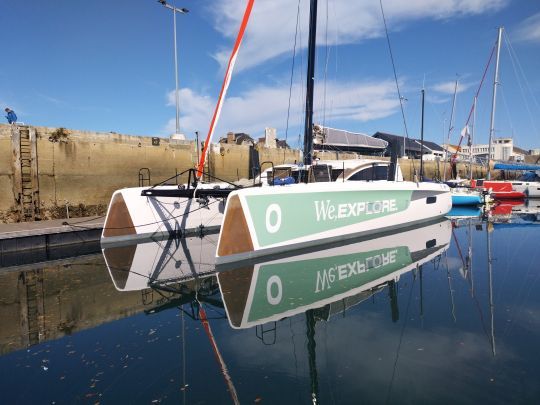
What is Explore's mission?
Sophie Verceletto: Explore's 3 missions are to experiment, cooperate and inspire. To achieve this, there are 2 pillars: the incubator to host explorers, and dissemination, with programs to raise awareness. We began in Breton schools with the Rennes education authority, then in higher education with the Campus program. We have just supported the Ecole Centrale Nantes for a low-tech module.
How many explorers have you accompanied since the creation of Explore?
RJ: I don't have an exact count. The idea was above all to provide good, long-term support. We're not a corporate foundation that just hands out a cheque every year. It's like a tree that's grown. We didn't have a 10-year business plan. Under The Pole is a typical example. They joined us after their 1st expedition, which went very well, but their partner stopped. Their fourth mission is now in preparation. We also had Corentin de Chatelperron, Nomade des Mers and the Jutelab, then the Low-tech Lab. Today, Simon Bernard, the man behind Plastic Odyssey, started out as a volunteer with Nomade des Mers, while Victor Rault, of Captain Darwin, matured his project after reading a book about Darwin while working as a mediaman for Under The Pole...
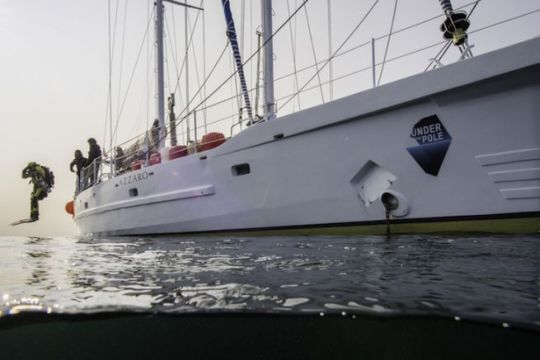
What were the good and bad experiences, if any?
SV : What's interesting is to be together on a day-to-day basis, to lend a helping hand when the going gets tough. During the expeditions, some of the teams are always ashore in Concarneau. This allows us to have a local impact on the transmission in addition to the voyage.
RJ: The hardest thing is to support an expedition far away, as we did with Vaa Motu, in the Tuamotus. It's more difficult with distance.
What are the links between Kairos's core maritime business and its not-always-marine expeditions?
RJ: The first link, which we didn't necessarily identify at the outset, is that at sea we know that not everything will go according to plan. When we embarked on biomaterials, we wanted to find a perfect technical solution, but it's clear that everything has an impact. So we realize that the first thing to do is to question needs before looking for technical solutions. Getting used to the boat helps you to evolve your objectives.
The other obvious point is the land-sea link. Our boats start from land, and it's important to watch their wake on land.
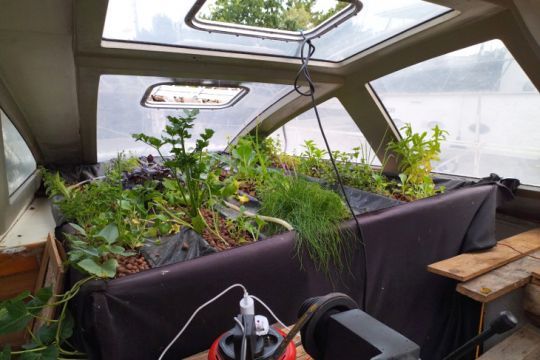
In the other direction, our explorations can help us revisit cruise ships. It's all about energy needs. For example, by eating differently, you can do without a fridge and use less electricity . With few things on board, there's less to repair. With things that can be dismantled, dismantling is easier, the boat can be used for several purposes, and less glue can be used, which brings us back to the technical issues of boat building and the problems of resins. In terms of marketing, there's a lot of work to be done between buyers and sellers, in terms of education and proof of concept, because I believe that some yachtsmen are ready for more sobriety.
